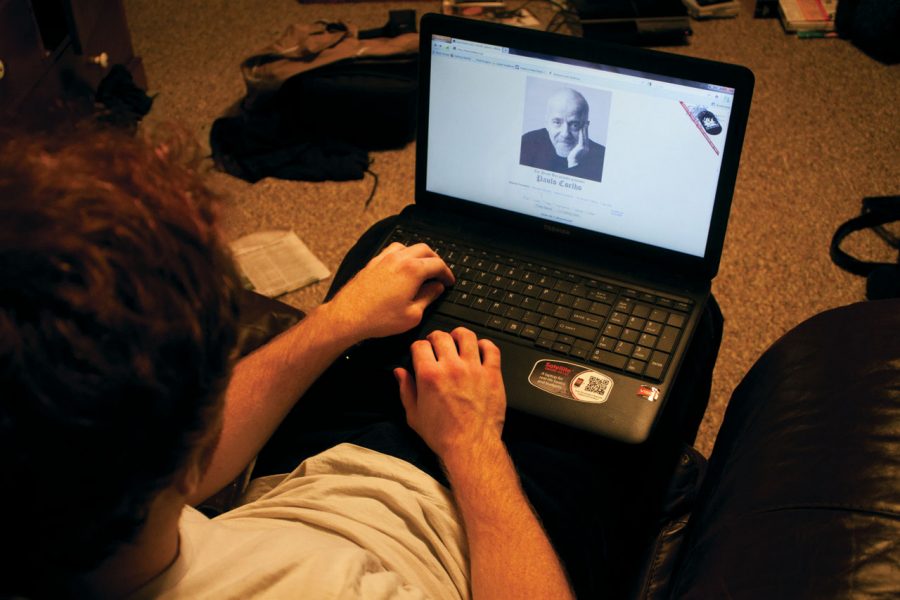Community weighs in on SOPA, PIPA legislation
February 2, 2012
The Stop Online Piracy Act (SOPA) and the Protect IP Act (PIPA) have professors and students at UNA talking out about the issue of piracy versus protection of rights.
Dr. Gregory Pitts, chair of the Department of Communications, gave context to his thoughts on SOPA and PIPA by saying that, historically, the protection of revenue streams on copyrighted content is something that the government has attempted in the past. Both bills-though well intended-may encroach upon the limiting of people’s First Amendment rights, he said.
“The challenge is to figure out how to protect people while at the same time adversely limiting free speech and the free exchange of ideas,” Pitts said. “That is the concern today of both these measures that some of the things-again while perhaps well intended-are so astringent that they stifle speech and the exchange of ideas.”
The intended purpose of SOPA and PIPA-as Pitts said he understands it from his reading up on the subject-is to shut down “rogue sites” that post, and many times profit from, copyright protected information, false, damaging information, or pornographic contact.
“As I have read things, I don’t know that SOPA would necessarily lead to a shutdown of Wikipedia,” Pitts said.
According to Pitts, the issue is where the line will be drawn if governmental regulation of the Internet begins.
Pitts said the first step in attempting to regulate the Internet may lead one step right after another, and pretty soon “you have given away part of your freedom.”
He said that is what he believes Wikipedia, Google and other sites have been trying to convey through movements such as the recent Wikipedia blackout.
Pitts said the concept of licensing content for consumption is an idea that has been proposed as a solution to the illegal spread of copyrighted content. The challenge of licensing content, Pitts said, is how to measure that content’s use and how to ensure that the appropriate people get paid for the content that is copyrighted to them.
“I don’t know that anybody necessarily disagrees with the idea that some content is copyright protected and ought not be openly freely shared,” Pitts said, “It’s a question of making sure that you don’t choke off other forms of content in an effort to protect copyrighted material.”
Some students are against SOPA and PIPA.
“I am against piracy,” said Atticus Wright, a junior majoring in computer science. “Don’t get me wrong. From what I have read, though, SOPA and PIPA seek to end piracy by placing the task of dealing with piracy on the wrong people.”
Wright said he is against the two bills because what they seek to do is end piracy in a guilty until proven innocent way.



![Caleb Crumpton [COURTESY OF UNA SGA]](https://theflorala.com/wp-content/uploads/2024/07/caleb-crumpton-courtesy-of-SGA-425x600.jpg)






